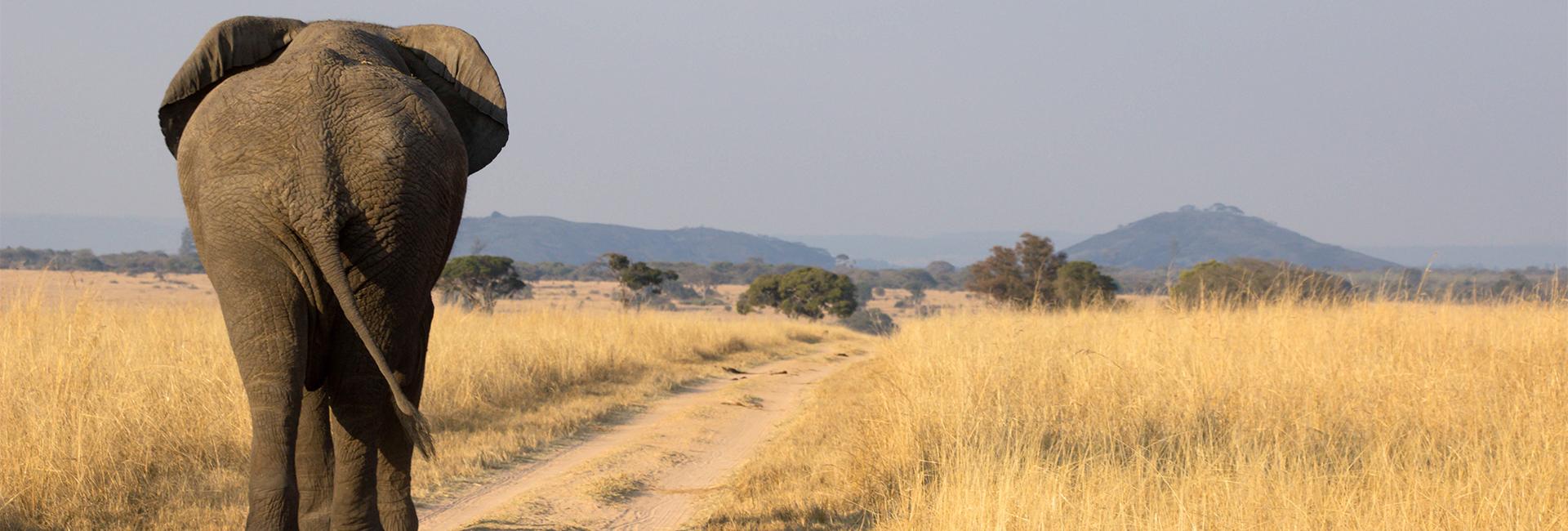World Elephant Day is celebrated annually on August 12th, it was co-founded by the Elephant Reintroduction Foundation and Patricia Sims, the founding president of the World Elephant Society. Since its inception in 2012, World Elephant Day has been dedicated to raising awareness about the critical issues elephants face and promoting efforts for their conservation.

Are Elephants Endangered?
Elephants are classified into two main species: the African elephant and the Asian elephant. Both species face significant threats and are considered endangered, though their conservation status and the severity of threats they face differ. There are approximately only 40,000-50,000 Asian elephants remaining in the wild, and almost 30% are held in captivity with many subject to abuse and neglect. The African elephant has lost over 50% of its population in the last 75 years. The elephant population is still declining, and the previous loss is likely irreversible. The World Wildlife Fund (WWF) has estimated that without urgent action, wild elephants across Africa and Asia could be extinct by 2040, just 16 years away.

What Threats Are Elephants Facing?
Elephants face several significant threats, including:
Climate Change: Changing weather patterns affect the availability of water and food resources for elephants. Droughts can lead to water shortages and limited food supply, and altered ecosystems can impact the vegetation forest elephants depend on.

Human-Elephant Conflict: As human populations grow and intrude on elephant habitats, conflicts between humans and elephants increase. Elephants may raid crops or come into conflict with humans when they enter villages in search of food, leading to retaliation by farmers and communities. These conflicts can result in injury or death for both elephants and humans.

Habitat Loss: Expanding human populations and activities, such as agriculture, logging, and infrastructure development, lead to the destruction and fragmentation of elephant habitats. This not only reduces the space available for elephants but also isolates populations, which can lead to inbreeding and reduce genetic diversity.
Illegal Ivory Trade: The high demand for ivory, particularly in the Far East, drives rampant poaching of elephants for their tusks.

Captivity and Exploitation: In some parts of the world, elephants are still captured and kept in captivity for use in circuses, tourist attractions, or as work animals. The conditions in captivity can often be poor, leading to health and psychological issues.

What Volunteering Projects Do We Offer That Make a Positive Impact on Elephant Conservation?
We offer a variety of projects where you can volunteer to make a real difference in elephant conservation efforts, some of which are focused entirely on the conservation of elephants, such as in Namibia and Sri Lanka, and others where you are likely to encounter them as part of your daily activities.
You can aid African elephant conservation with us in South Africa, Zimbabwe, and Namibia or help conserve Asian elephant populations in Sri Lanka and Borneo.
By taking part in activities such as monitoring elephant movements and behaviour, participating in poaching patrols, planting trees, building protection walls, working with local communities, and even helping to translocate and collar elephants on certain projects, volunteers can help secure a future for elephant species.




















